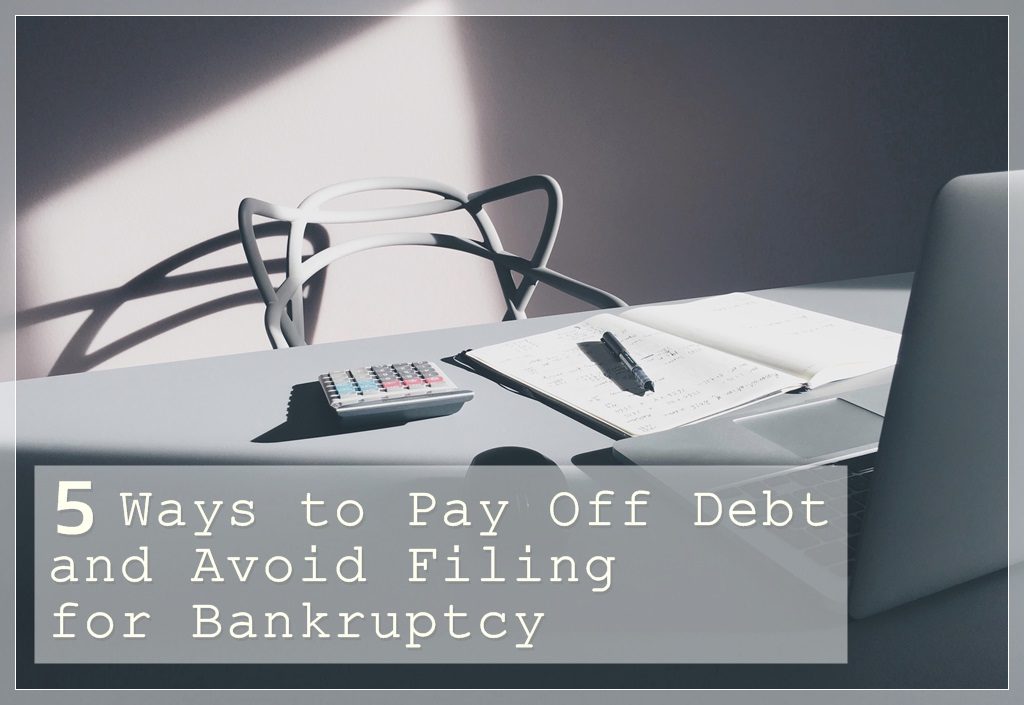
You can throw away the notices, ignore your email inbox or evade the debt-collector but your debts will not go away. As of December 2016, the average credit card debt for a United States household is over $16,000. This is on top of student loans, mortgages, personal loans, and many other forms of debt that rapidly drowns many people today. You can avoid these responsibilities only for as long, and the interest rates will make it worse. In time, you will be left with no choice but to file for bankruptcy—a time that many wish not to come.
Even when your debts seemed overwhelming and your income is just not enough at this time to recover, you can still pay it off with some effective strategy and a heap of determination. Here are tips to help you deal with debt and avoid filing for bankruptcy:
1. Settle or Negotiate Your Debts
You know you can’t run away forever from debts, so you might as well face it. Debt settlement is similar to the concept of debt consolidation. This means to negotiate with your creditors to arrange a more suitable payment scheme for your current situation. Most lenders are willing to work with you to settle your balances and devise strategies including temporary waiving of payment, adjusting terms, extending deadlines, and many others. Talk to your creditors as soon as possible and negotiate.
2. Property Selling
If your current income is insufficient to cover your debts, you might want to start selling some properties so you can afford to pay. Make an inventory of your properties and identify what valuables you can live without. You can sell your second car, some jewelry, antique collections, etc. This is much better than filing for bankruptcy and have your cherished properties taken from you.
3. Borrow Money from Family and Friends
It takes a lot of pride- swallowing, but borrowing money from family or friends without interest may cover what you need at the moment. Just make sure to pay them when you already can. Confronting money issues takes practicality and you have to be realistic about it. Your family and friends may understand your situation and you might just get your debt break.
4. Adjust Your Lifestyle
Living a life of frugality is the first step to financial independence. Find even the smallest ways to save money by adjusting your lifestyle. Do away with unused subscriptions, cut down on unnecessary spending or minimize eating out. There are a lot of ways to save money, you just have to be practical about it.
5. Seek the Help of a Professional
Hire professionals who can help you with your debt, it can be a financial adviser or a Houston bankruptcy lawyer. These people have all the necessary experiences that can help you get out of debt in the best way possible. Make sure you hire someone trustworthy with a proven track record of excellent services.
Getting out of debt requires discipline and character. Once you decide to follow these steps, you need to commit and see them all through until you reach your desired financial independence.

Add a Comment